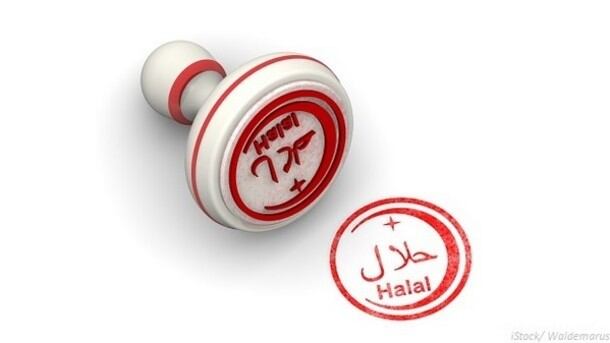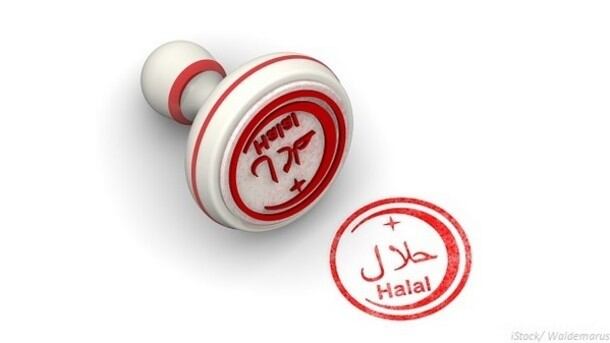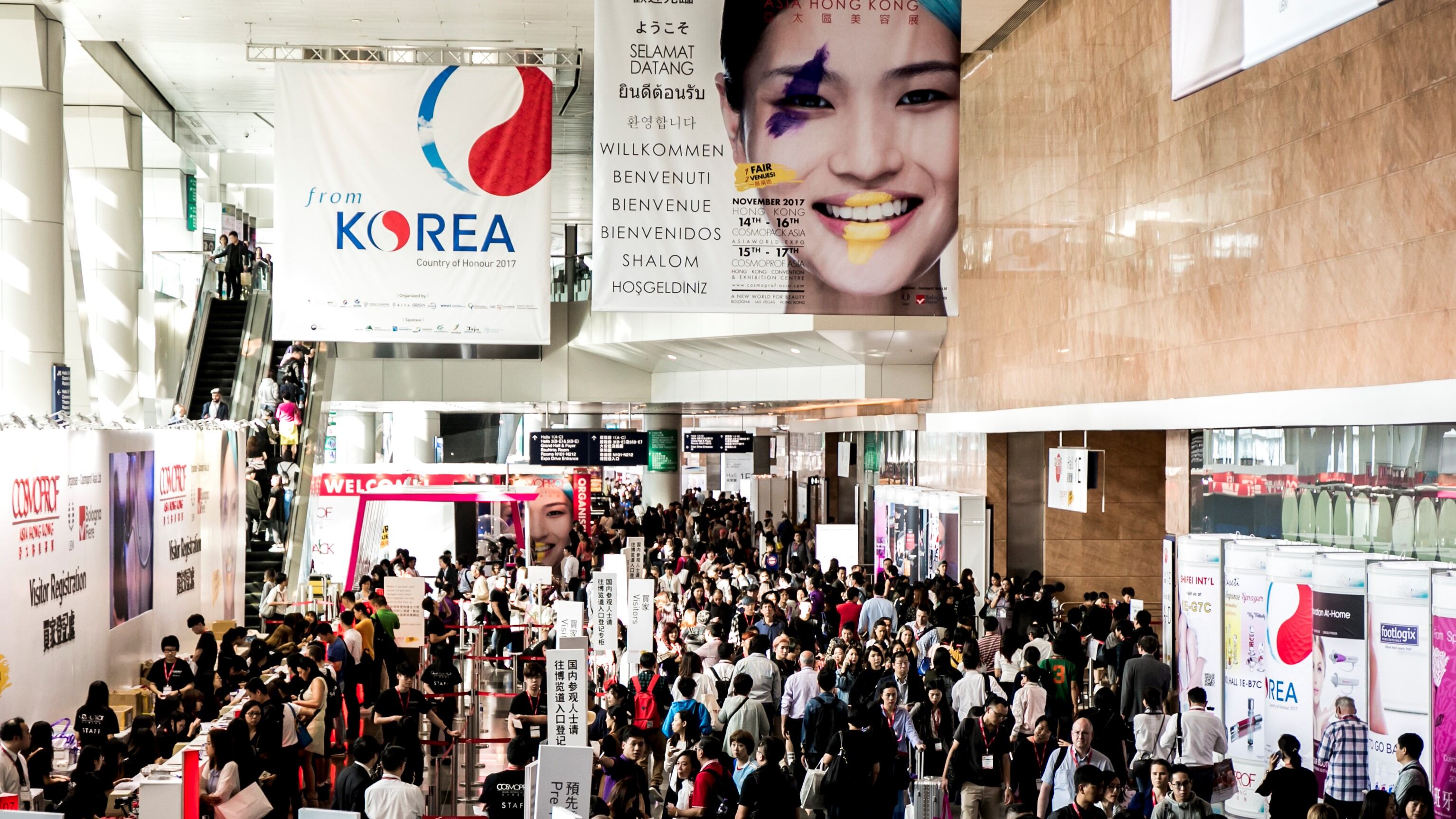That’s according to Malaysia’s first venture capital fund dedicated to Halal startups, which is preparing to announce its first cohort of up to seven international businesses it will be supporting in January.
Vegan over Halal?
Syahrul Nizar Yahya, who runs operations for Kuala Lumpur-based Pixel Play Ventures, said that the increasingly vegan nature of the cosmetics industry is likely to crowd out the need for products to be Halal as a selling point for the Muslim market.
As a venture capital fund that only supports Halal and Shariah-compliant startups, Pixel Play will consider taking on Halal cosmetics firms—though not because they market themselves as such.
That’s because as brands rely on increasingly fewer animal products in their formulations, their Halal-ness will most likely be assured. By their nature, vegan cosmetics will be Halal, he said.
“You check in any girl’s handbags and there will be at least one lipstick. You tell me that this is not a vital business worldwide—cosmetics is the way to go. But if you’re talking about Halal cosmetics, this is less so.
“Eventually, as a Halal business segment, over time it may die,” he added.
Instead of relying on solely selling to Muslim consumers who are looking for a Halal certification logo on a brand of cosmetics packaging, Syahrul urges startups to innovate more—something that is not happening enough in Malaysia.
There, and across much of Asia, Muslim brands are focusing too much on Muslim exceptionalism whereby Halal is seen as being limited by the strictures of Islamic observance.
Inclusive and available
Instead, Halal as a segment should be regarded as inclusive and available to everyone, Muslim or otherwise, with emphasis placed on the provenance of ingredients used in manufacturing.
“This is where I would segregate Asian and non-Asian consumers,” he said. “We Asians are still very much exclusive, though we should not be.” This is not the case in many non-Muslim markets where increasing numbers of consumers are reassured by Halal traceability.
He continued: “Halal is about what is permissible and good for you, but Asians stop at permissible. We say you can’t do this, you can’t do that, you can’t consume that. Instead, we should embrace the non-Muslim demand for Halal products.”
Indonesian innovation
In terms of cosmetics, Malaysia could take a leaf out of Indonesia’s book. Its larger neighbour, he said, is innovating heavily in this and many other areas, bringing creativity of ideas to the Halal industry. By contrast, Malaysian startups have been taking a more conservative approach.
“Indonesia is a place that is a hotbed for real innovation, for real-life solutions. You don’t really see that in Malaysia,” he said.
“In Indonesia, they look to address just one problem consumers face and come up with a really innovative solution. That’s better than just trying to please everyone all the time,” he added.




